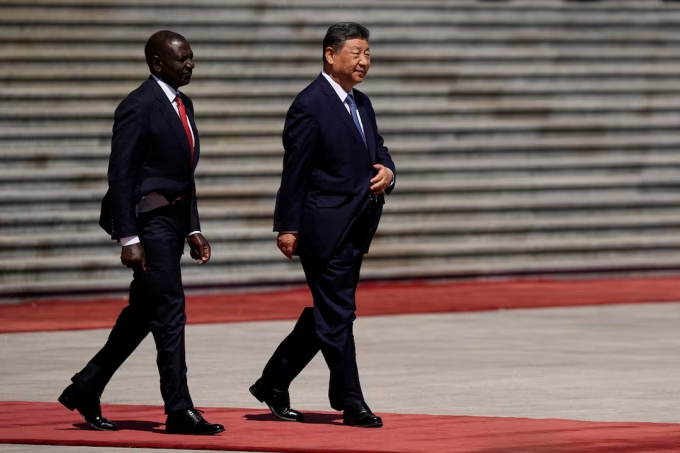Besides belonging to the fourth Estate in a world that did not recognise the fifth estate, my introduction into the world of banging copy was full of learning. A world where conversations were filled with anecdotal phrases revolving around word count, deadlines and trash. One immediate reward for choosing journalism and not engineering like my father had wished was the number of events I attended with the intention of nosing for news.
In all these events, networking was the key word. Not just for the swift adoption of network technology that many establishments in the city were undergoing, but the interaction between the different stakeholders who attended these events.
Networking has long been recognised as a powerful tool for business people and professionals. Knowing more people gives you greater access, facilitates the sharing of information, and makes it easier to influence others for the simple reason that influencing people you know is easier than influencing strangers.
SEE ALSO: HOW TO COMMUNICATE EFFECTIVELY
I bet even the creators of LinkedIn, Facebook and Twitter knew very well that the social nature of the Homo Sapiens was a perfect spot to touch. Does it follow, then, that social networks, by making connectivity easier, make leaders more powerful? That’s why we worry about what administrators of populous social media groups say or do because they are likely to influence the direction of certain conversations.
While traditionally networking was viewed as a natural trait for man, it’s quickly becoming a science that a successful PR practitioner should possess. The curiosity of the proverbial cat, the ability to fluidly pick up conversations like a matatu tout, the ability to passionately share on a common subject like newly-met Arsenal fans contemplating on another loss.
Networks too have levels. It’s up to you to build the level you want to be, either the network of people who know all the joints were second generation drinks are sold or a network of the regional economy policy makers. Remember that whatsApp group that got 80 % of its members in key parastatals in the country? Well, it’s time to ditch, your ‘alcoblow checking’ networking group.
Network power depends on how strong your relationships are, on how much attention you command when you engage people in your network, and on how attractive you are as a member of other peoples’ networks.
If you are known as a source of deep expertise, for instance, and people can rely on you for expert solutions or creative ideas, you will be a more attractive network partner than someone who lacks that. If you know other powerful people and can access them whenever you need to, you will be a more attractive network partner.
Similarly, if you are in a position of authority in your organisation and can make things happen, you will be a more valued network partner. Finally, you will have more power in your network with the people you know best — with long-time colleagues, close friends, and others with whom you have developed mutual trust and respect.
Barasa is a public relations and communications practitioner based in Nairobi. @barasapaul on twitter
NEXT READ: GOOD EMPLOYER RELATIONS KEY IN BUSINESS SUCCESS
















































![Pula Co-Founders and Co-CEOs, Rose Goslinga & Thomas Njeru. Pula provides agricultural insurance and digital products to help smallholder farmers manage climate risks, improve farming practices and increase their incomes. [ Photo / Courtesy ]](https://businesstoday.co.ke/wp-content/uploads/2021/01/Pula-Co-Founders-and-Co-CEOs-Thomas-Njeru-Rose-Goslinga.jpg)




























































Leave a comment